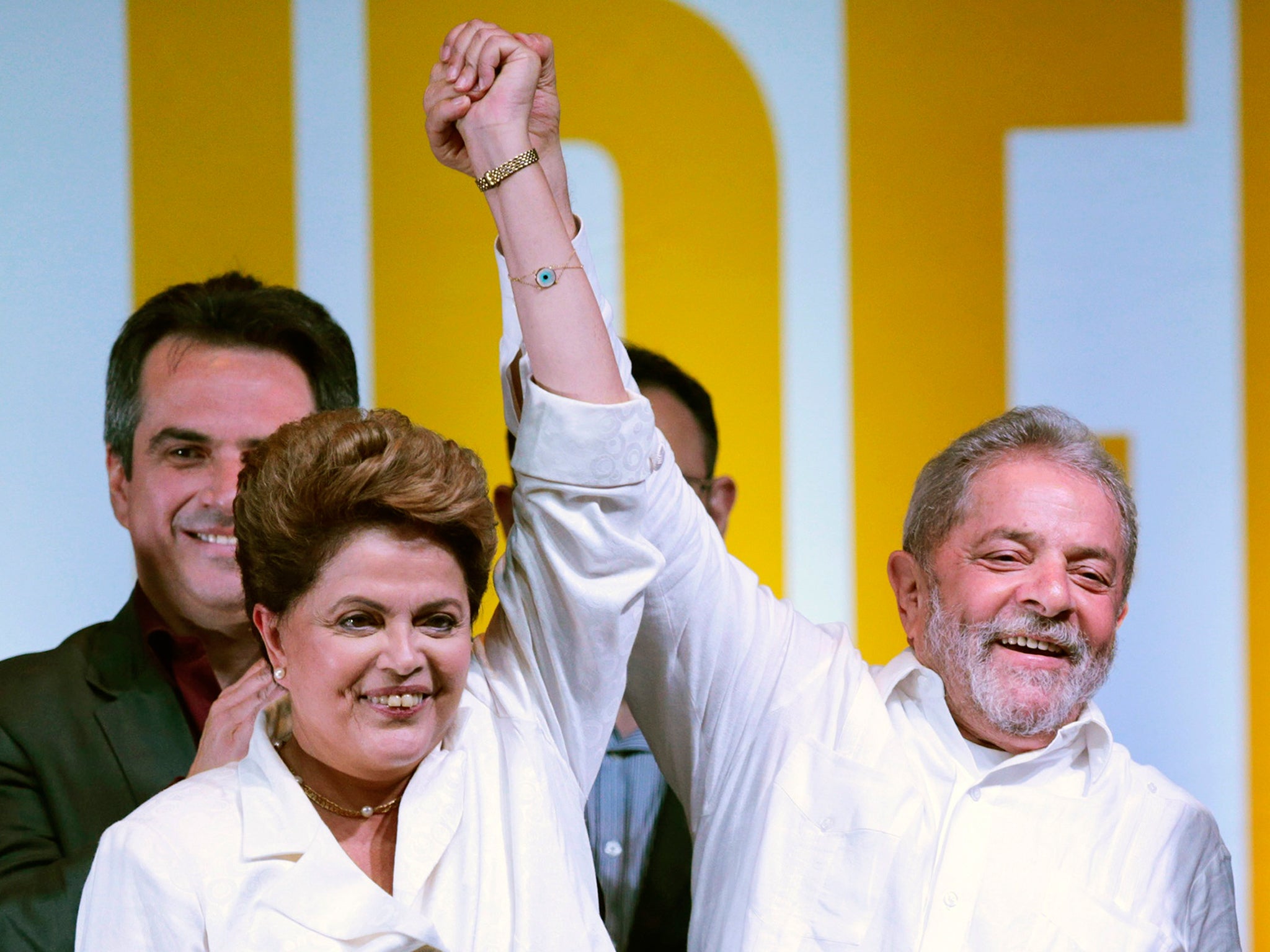With Brazil's economy at a crossroads, Dilma Rousseff faces difficult second term

Dilma Rousseff's narrow victory in yesterday's Brazilian general election has split the country between rich and poor, highlighting the nation's huge economic divide.
Having secured her re-election in the most divisive campaign in decades with 51 per cent of the vote, her first challenge is to reconcile Brazilians while kick-starting growth in Latin America's largest economy. But, with inflation running above 6 per cent and ongoing recession, it won't be easy.
In her first term as president, Rousseff called for social inclusion, continued to invest in welfare programmes and followed the state-led capitalism model of the Workers' Party.
However, the mood in Brazil has shifted: the country's seemingly unstoppable economic growth has come to an abrupt halt and the old tricks no longer work.
The economy slipped into a recession earlier this year after posting the slowest growth in more than two decades. Interest rates currently stand at 11 per cent- the highest in the G20- in an attempt to keep spiralling prices under control.
Against a backdrop of rising inflation, allegations of corruption at state-owned oil giant Petrobras and a decline in commodity prices, Brazil is at a crossroads. So, it's no surprise "muda mais" ("change") has been the buzzword of the election.
But change comes with strings attached for Rousseff.
Throughout her campaign, Brazil's first female president argued pro-business candidate Aecio Neves, the former governor of the state of Minas Gerais, would erase years of social gains.
Going into her second term, Rousseff faces a serious dilemma: she must implement reforms, from pensions to electricity prices, which analysts argue have been kept artificially low for too long, overhaul the tax system and rein back public spending without alienating her working-class support base.
On Sunday, she struck a conciliatory tone, vowing to work with "all sectors" and reiterating her pledge to keep inflation low while maintaining fiscal discipline. But has she got what it takes?
Judging by the market's reaction, which had seen both Brazilian stocks and the real rise in anticipation that Neves would win only to erase those gains in early trading on Monday, investors have already thrown in the towel.
Join our commenting forum
Join thought-provoking conversations, follow other Independent readers and see their replies
Comments
Bookmark popover
Removed from bookmarks